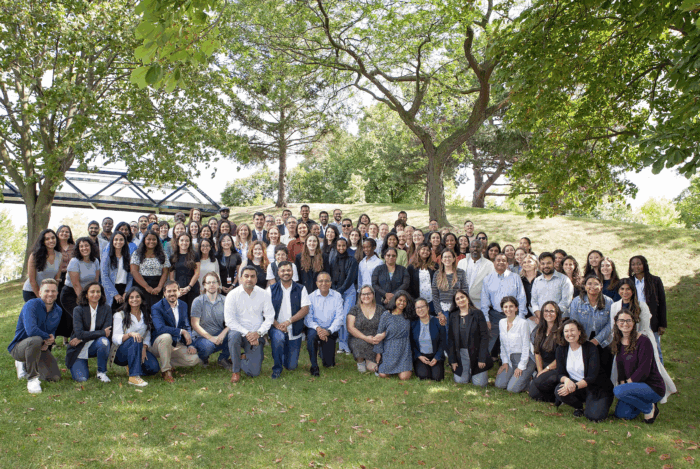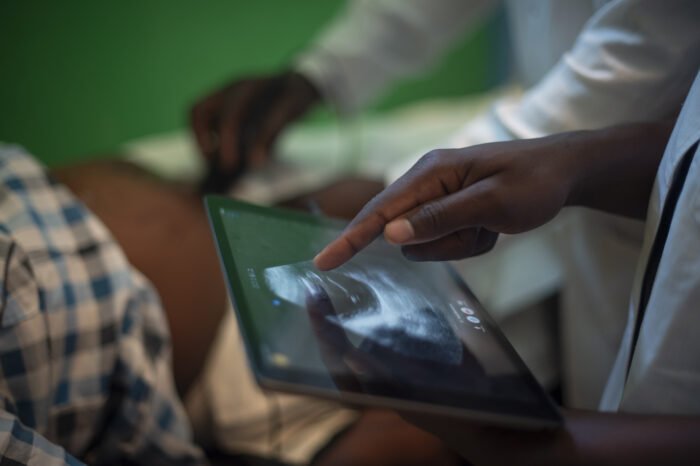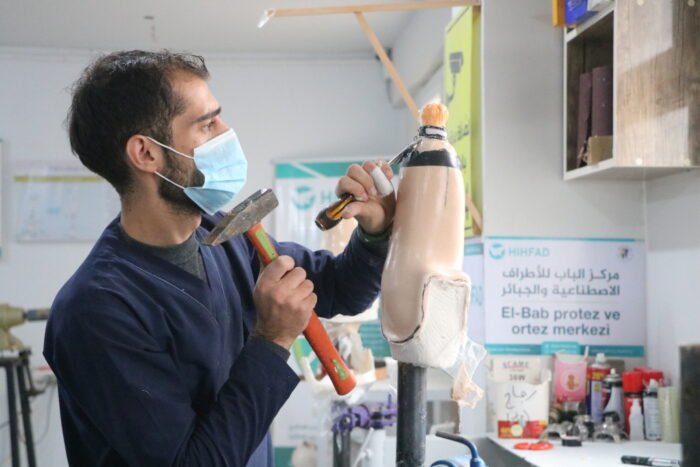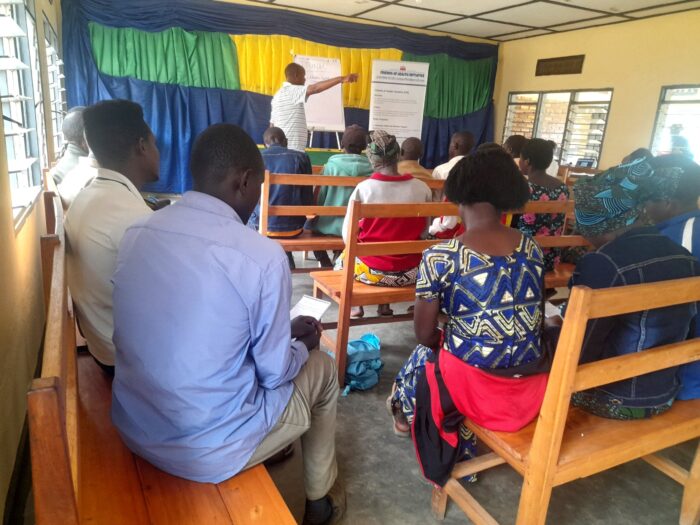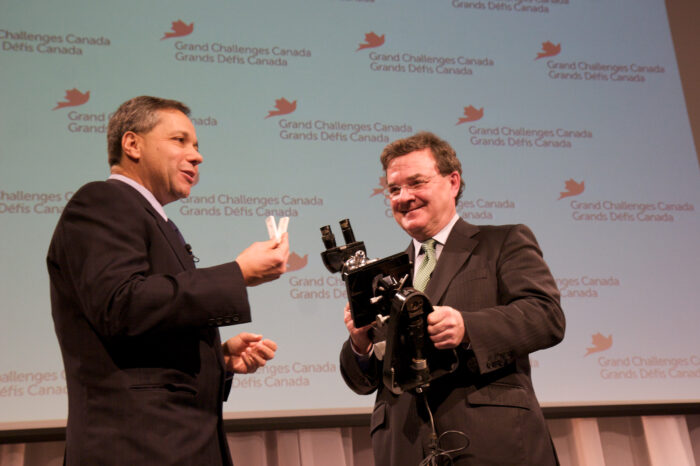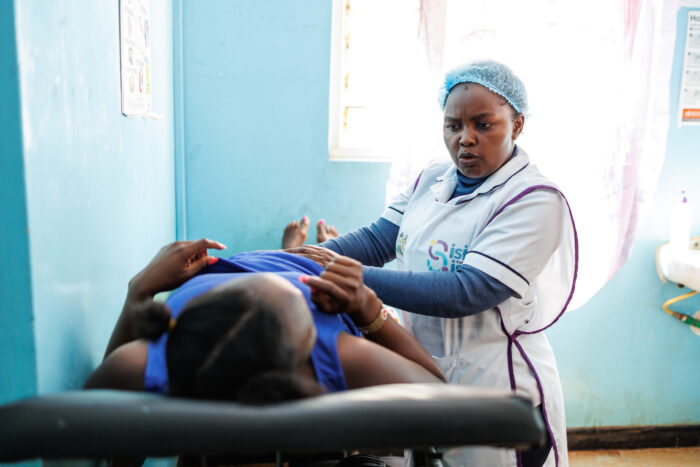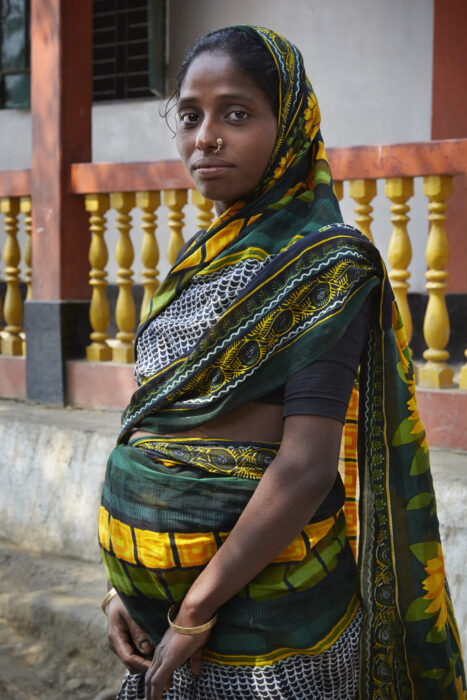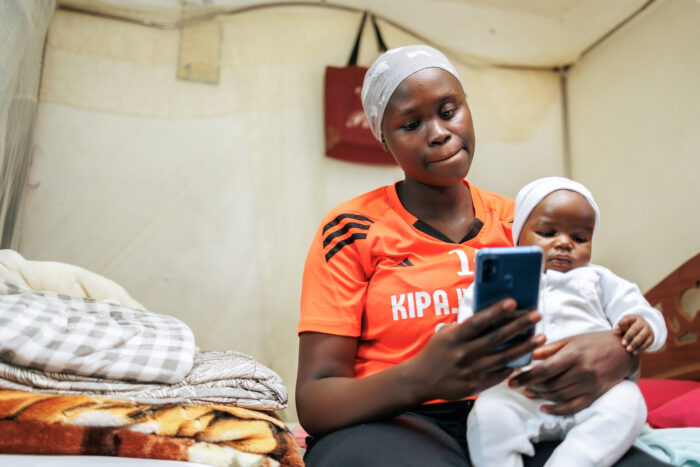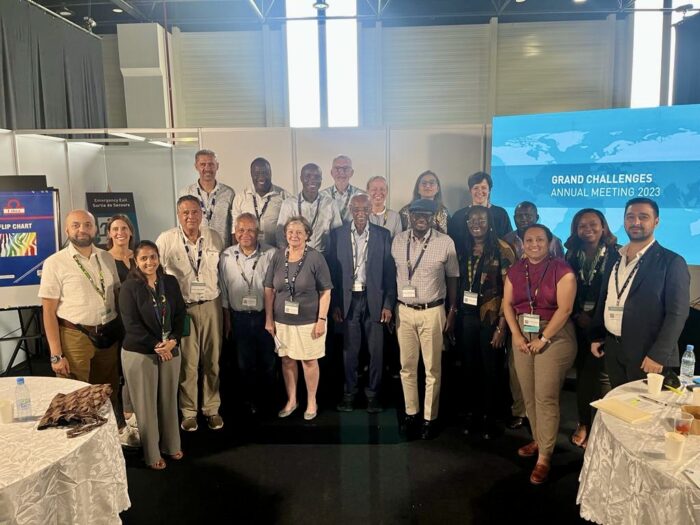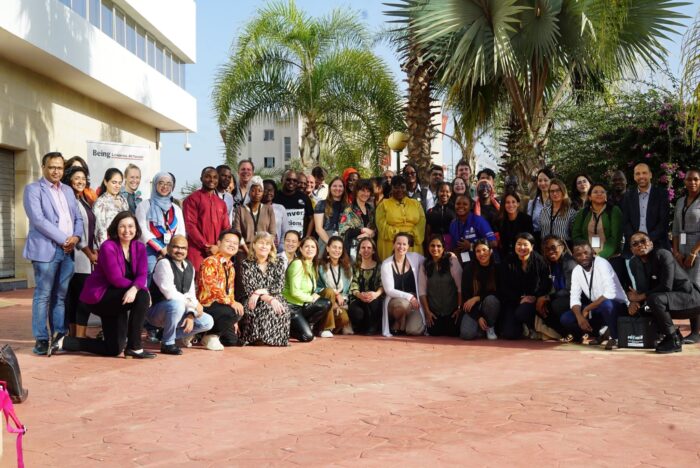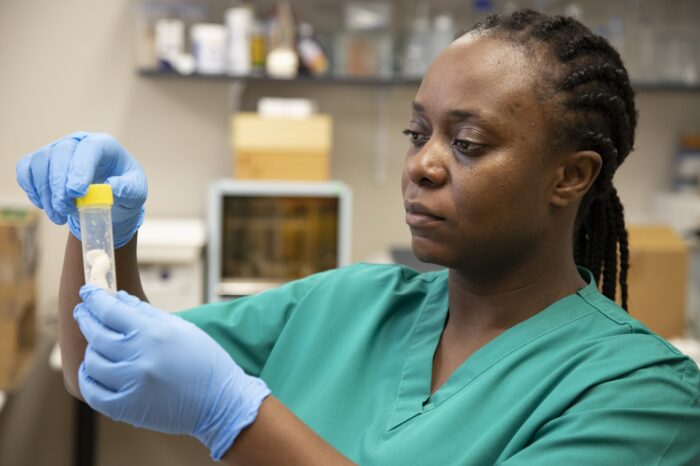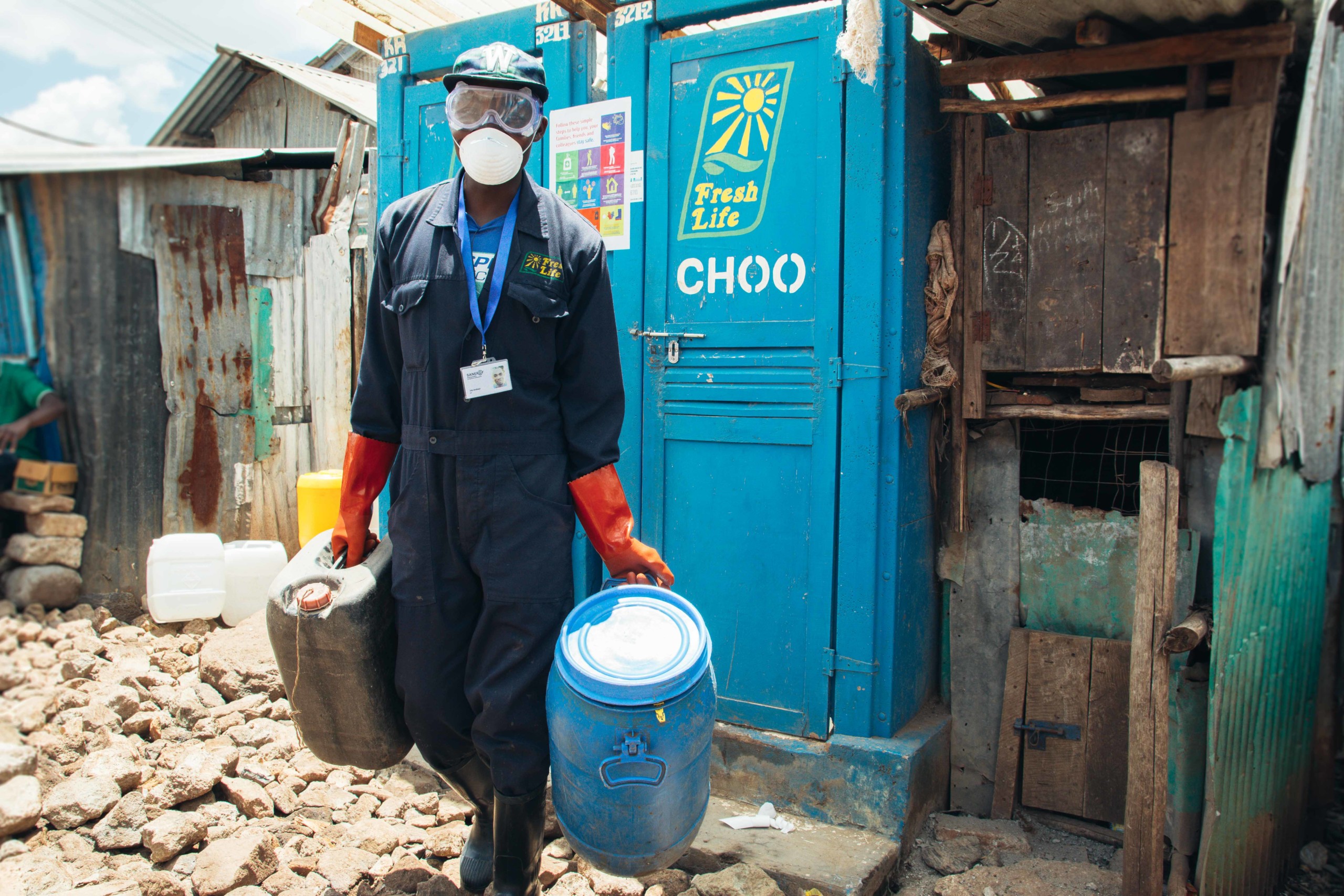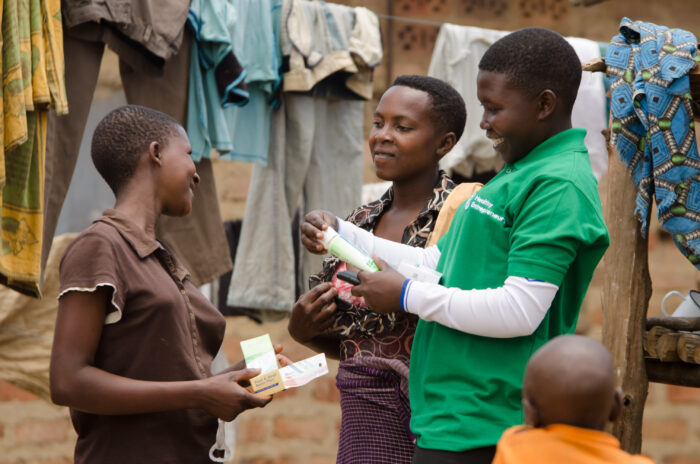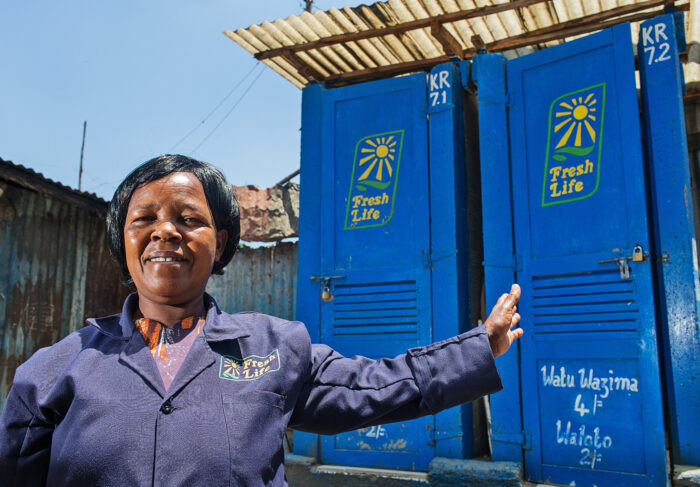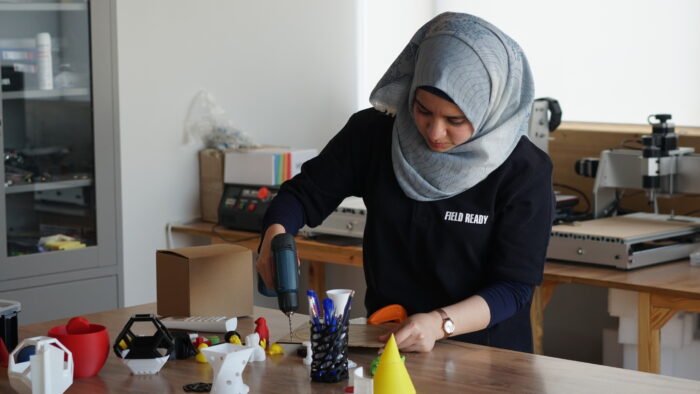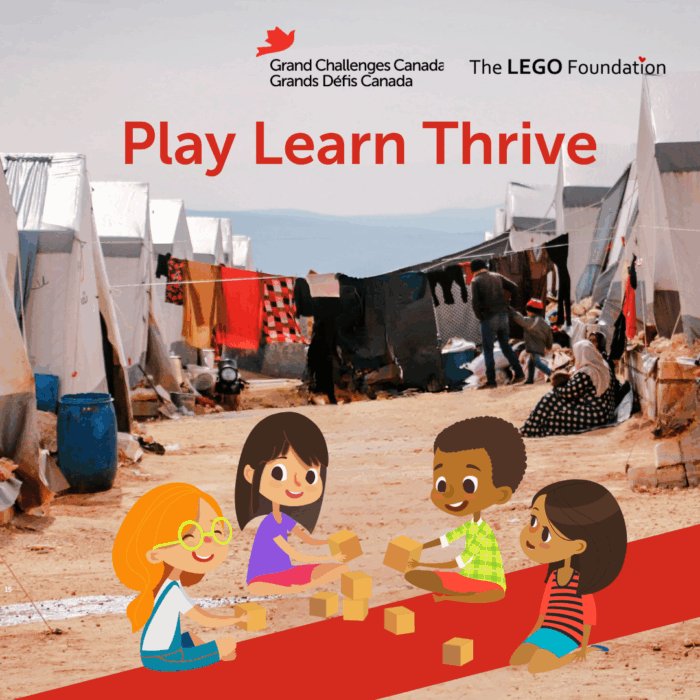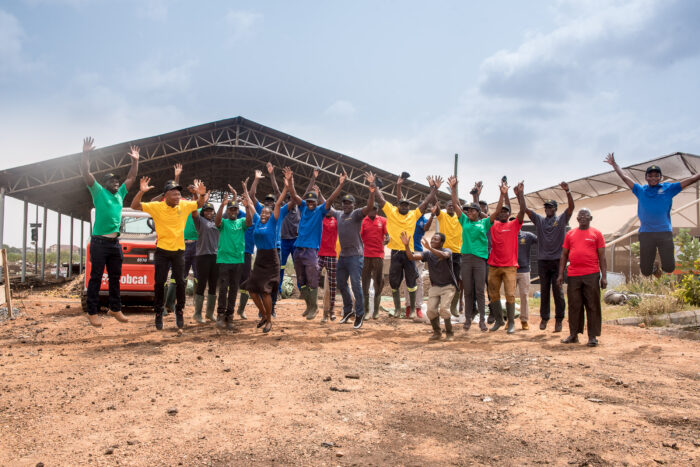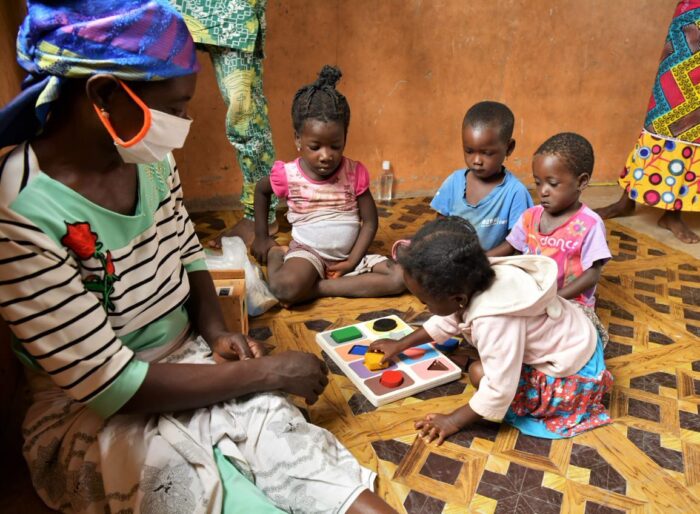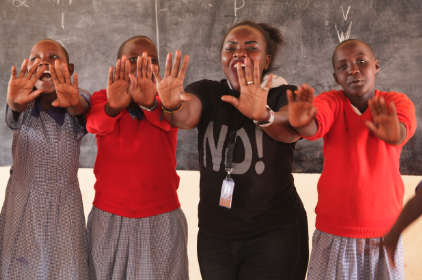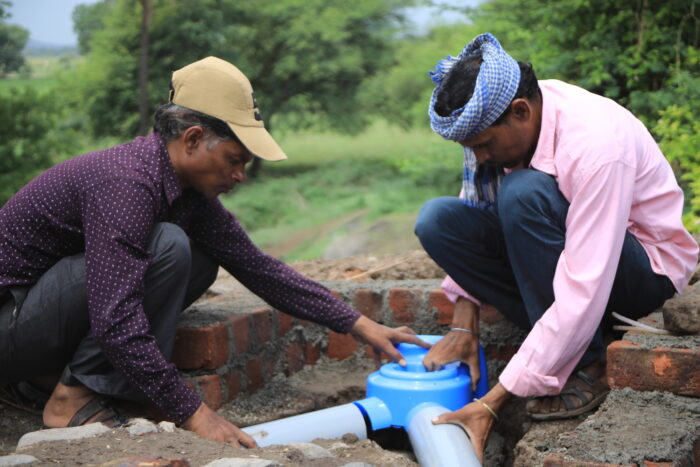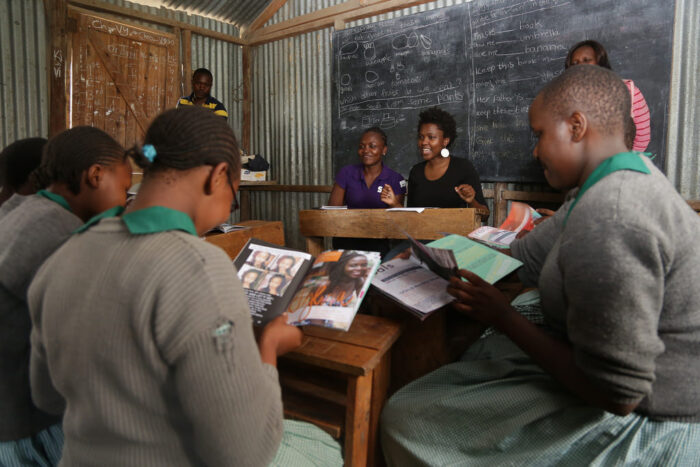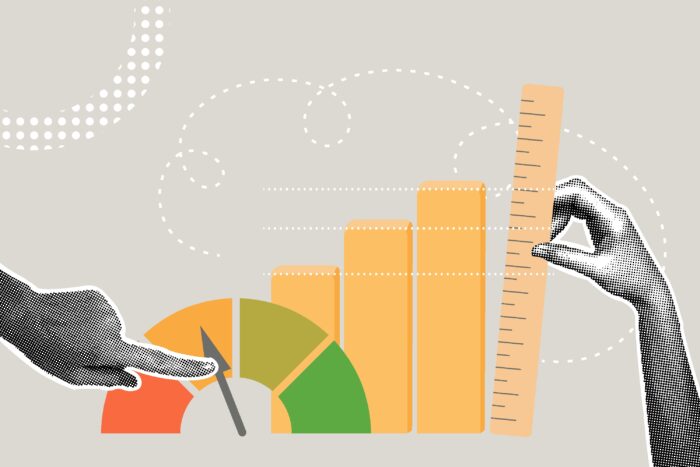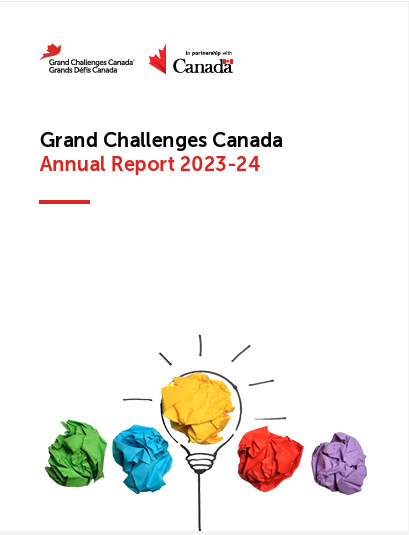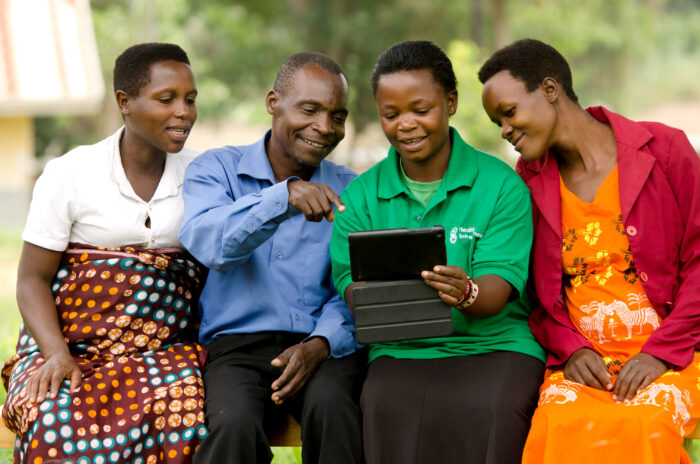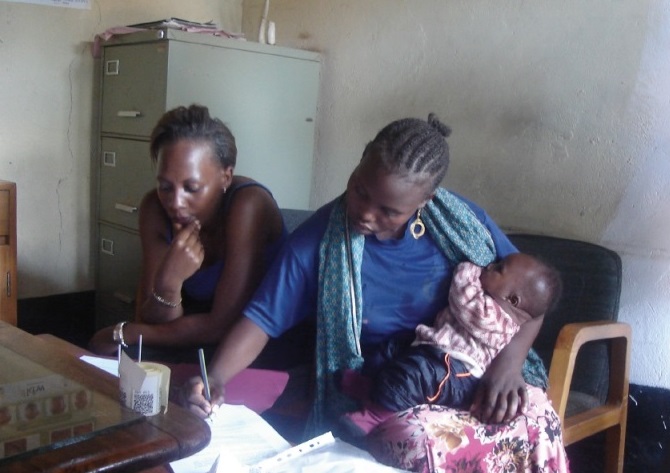Dr. Benson Wamalwa is a research scientist at the University of Nairobi in Kenya. He is the recipient of a Grand Challenges Canada seed grant in the Stars in Global Health program.
In rural Kenyan communities, many mothers are unable to have their children fully immunized. The remoteness of their homes means that reaching the nearest clinic can be a challenge and, often, the cost of the journey, along with vaccine fees, presents an additional barrier. Add to this the fact that, on average, clinics run out of vaccines every 3 to 7 days, and you can see why many families go unprotected in these farming villages.
Tackling this issue, however, is our team of innovators from the University of Nairobi. With the help of a $100,000 seed grant from Grand Challenges Canada, we have developed and piloted a barcoded vaccine card that can be redeemed for farming goods. The system serves as an incentive and encouragement for mothers to complete a full immunization schedule for their children. Each time a child receives a vaccine, a barcode is updated with redeemable ‘agro-credits’. The card is then taken by the mother to a local supplier, who scans the code and provides goods (such as seeds and fertilizers) at a discount. We have seen a total of 1,550 children receive full immunization, in addition to 358 expectant mothers getting immunized. In participating villages, the uptake of vaccination services rose from 55% to 95% as a result of these incentives. The project has found that those households participating in the scheme have subsequently seen an increase in crop yields on their small-holdings – for example they have measured a 70% rise in beans harvested.

Another indication of the success of the scheme is highlighted by the emergence of two social entrepreneurial innovations, of which neither had been anticipated at the project’s inception. Firstly, the development of a ‘Village Grain Bank’ to help maintain and strengthen the agricultural supply chain stimulated by the vaccine incentives. The Grain Bank aims to allow farmers to maintain their increased yields and thus promote increased food security and nutrition. On the back of our Grand Challenges Canada funding, our group has leveraged a further $10,000 in support from the Swiss Federal Office for Agriculture to help launch the Grain Bank.
So far, we have seen 300 mothers participate and benefit from the Grain Bank initiative as it continues to grow.

The second spin-off innovation is a ‘Vaccine Link’, which aims to combat the issue of vaccine stockout by connecting mothers with their nearest fully stocked clinic.
Our project and all the work involved by the team demonstrates how remote communities can be galvanized into creating a self-sustaining agricultural supply chain, all as the result of encouraging adherence to child vaccination schedules. The twin challenges of under-vaccination and food security have been engaged by these novel barcodes, therefore improving the lives of many families in Kenya.
We encourage you to post your questions and comments about this blog post on our Facebook page Grand Challenges Canada and on Twitter @gchallenges
